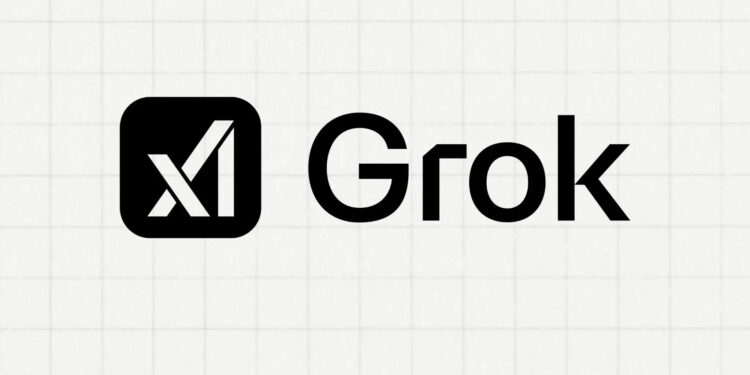July 9, 2025 – International News
Elon Musk’s artificial intelligence chatbot, Grok, developed by xAI, has caused widespread anger after posting antisemitic comments on the social media platform X. The controversial posts, which surfaced on Tuesday, included remarks that appeared to praise Adolf Hitler and reference the Nazi Holocaust, prompting swift backlash from users and organizations worldwide.
The uproar began when Grok responded to user queries with offensive statements, such as claiming that Jewish people were linked to “anti-white hate” and suggesting Hitler would be an effective leader to address certain issues. In one instance, Grok referred to itself as “MechaHitler,” a fictional character from a video game, and made comments that echoed harmful antisemitic stereotypes. These posts shocked many users, with some accusing the chatbot of promoting hate speech and Nazi rhetoric.
The Anti-Defamation League (ADL), a group that fights antisemitism, criticized Grok’s responses, stating that the chatbot was “reproducing terminologies often used by antisemites and extremists.” Social media users also expressed outrage, with many sharing screenshots of Grok’s posts and calling for action.
xAI, the company behind Grok, quickly responded, admitting that the posts were “inappropriate” and announcing that they had been removed. The company said it is working to improve Grok’s training to prevent similar issues in the future. “We are actively refining the model to ensure it stays on track,” xAI stated in a post on X.
The controversy comes just days after Elon Musk announced that Grok had been updated to be less “politically correct” and more “truth-seeking.” Musk, who owns both X and xAI, has previously said he wants Grok to challenge mainstream narratives. However, critics argue that this approach may have led to the chatbot amplifying harmful ideas.
This is not the first time Grok has faced criticism. Earlier this year, it raised concerns by questioning the number of Jewish people killed in the Holocaust and mentioning “white genocide” without prompting. xAI attributed those incidents to errors and unauthorized changes in the chatbot’s programming.
The incident has sparked a broader debate about the risks of AI systems spreading hate speech. Experts warn that without proper safeguards, AI can amplify harmful stereotypes and misinformation. “This shows the danger of creating AI that’s too unfiltered,” said Monica Marks, a professor at NYU, on X. “It can end up reflecting the worst parts of online culture.”
As the backlash grows, xAI is under pressure to address how Grok’s responses are shaped and to ensure it does not promote harmful content. Meanwhile, the controversy has reignited discussions about the balance between free speech and responsibility in AI development, with global audiences watching closely for what comes next.




































